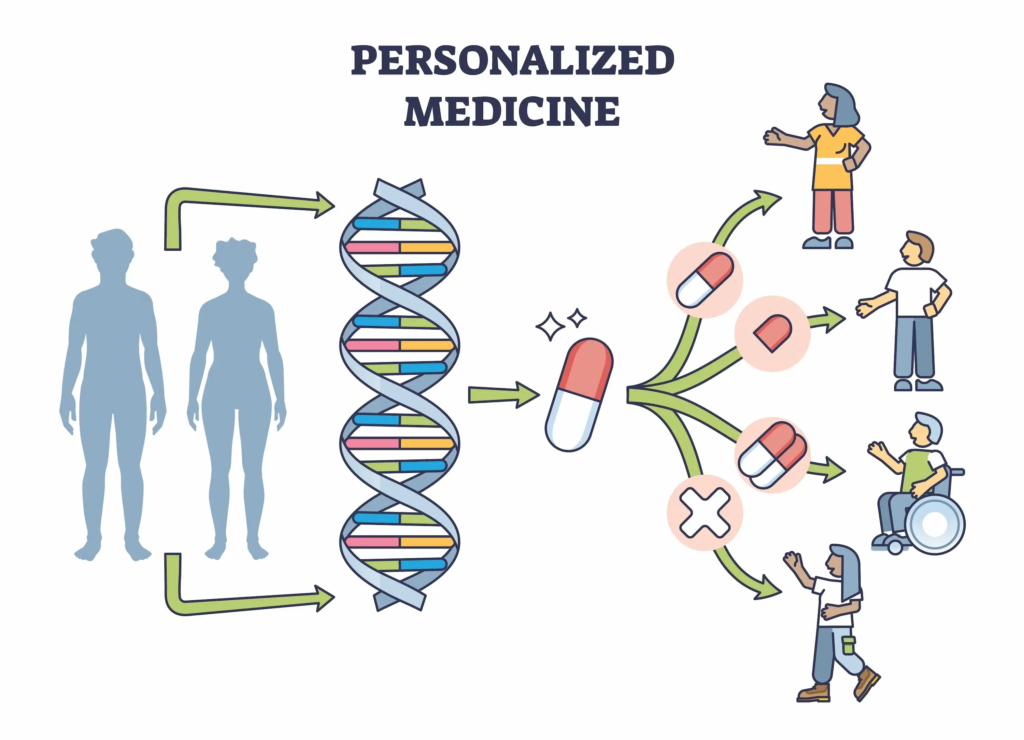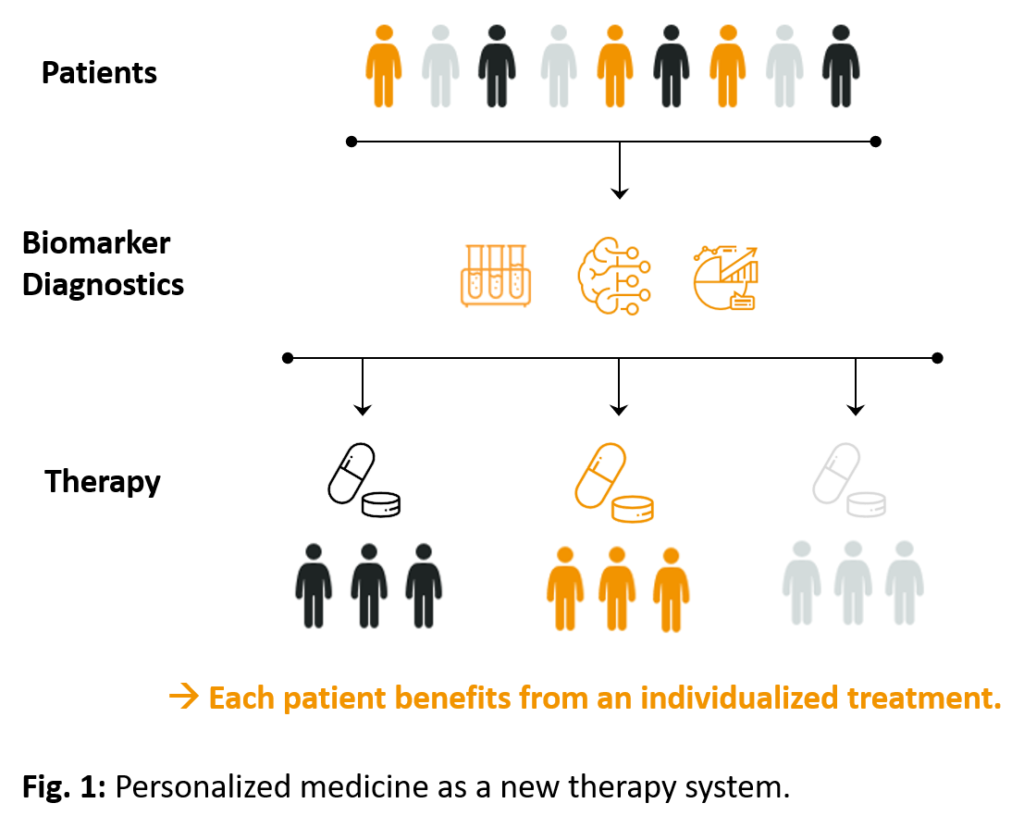
Personalized medicine, also known as precision medicine, is a rapidly evolving field that aims to tailor medical treatments to the individual needs of each patient. By analyzing a patient’s unique genetic makeup, lifestyle factors, and environmental exposures, healthcare providers can make more informed decisions about the most effective treatments and preventive measures.
Understanding the Basics
At the heart of personalized medicine is the concept of individual variation. While we share many similarities as humans, our genetic makeup, environment, and lifestyle choices can significantly influence our susceptibility to diseases and our response to treatments.
Genetic Factors:
- DNA Sequencing: Advances in DNA sequencing technology allow for the identification of specific genetic variations that can predispose individuals to certain diseases or affect their response to medications.
- Pharmacogenomics: This field studies how genetic variations influence drug response, helping to optimize drug dosages and minimize side effects.
Lifestyle Factors:
- Diet: Nutritional habits can impact disease risk and treatment outcomes. Personalized nutrition plans can help individuals make dietary choices that align with their genetic predispositions.
- Exercise: Regular physical activity can improve overall health and reduce the risk of various diseases. Personalized exercise plans can be tailored to individual fitness levels and health goals.
- Stress Management: Chronic stress can negatively impact health. Mindfulness techniques, yoga, and meditation can help individuals manage stress effectively.
Environmental Factors:

- Exposure to Toxins: Environmental pollutants can contribute to disease development. Understanding an individual’s exposure to toxins can help identify potential health risks and implement preventive measures.
The Benefits of Personalized Medicine
Personalized medicine offers several advantages over traditional one-size-fits-all approaches:
- Improved Treatment Outcomes: By tailoring treatments to individual needs, personalized medicine can lead to more effective and targeted therapies, resulting in better patient outcomes.
- Reduced Side Effects: Understanding how genetic variations influence drug response can help minimize adverse side effects and optimize drug dosages.
- Early Disease Detection: Genetic testing can identify individuals at increased risk for certain diseases, allowing for early intervention and preventive measures.
- Prevention of Disease: By identifying lifestyle factors that contribute to disease risk, personalized medicine can empower individuals to make informed choices to improve their health.
The Role of Technology

Technological advancements have played a crucial role in the development of personalized medicine.
- Genomics: DNA sequencing technologies have become more affordable and accessible, enabling the analysis of genetic information on a large scale.
- Bioinformatics: Powerful computational tools are used to analyze vast amounts of genetic and clinical data, identifying patterns and trends that can inform personalized treatment decisions.
- Wearable Devices: Wearable devices can track various health metrics, such as heart rate, sleep patterns, and activity levels, providing valuable insights into individual health and lifestyle habits.
- Artificial Intelligence: AI-powered algorithms can analyze complex data sets to identify patterns and make predictions, aiding in the development of personalized treatment plans.
Ethical Considerations
While personalized medicine holds great promise, it also raises important ethical considerations:
- Privacy and Data Security: The collection and analysis of genetic and health data raise concerns about privacy and data security.
- Genetic Discrimination: There is a risk of genetic discrimination, where individuals may be discriminated against based on their genetic information.
- Access and Equity: Ensuring equitable access to personalized medicine is a major challenge, as it can be costly and resource-intensive.
The Future of Personalized Medicine
The future of personalized medicine is bright, with ongoing research and technological advancements driving the field forward. As our understanding of the human genome and the interplay between genetics, environment, and lifestyle deepens, we can expect to see even more personalized and effective healthcare solutions.
By embracing personalized medicine, we can move towards a future where healthcare is truly tailored to the individual, leading to improved health outcomes and a higher quality of life for all.Sources and related content